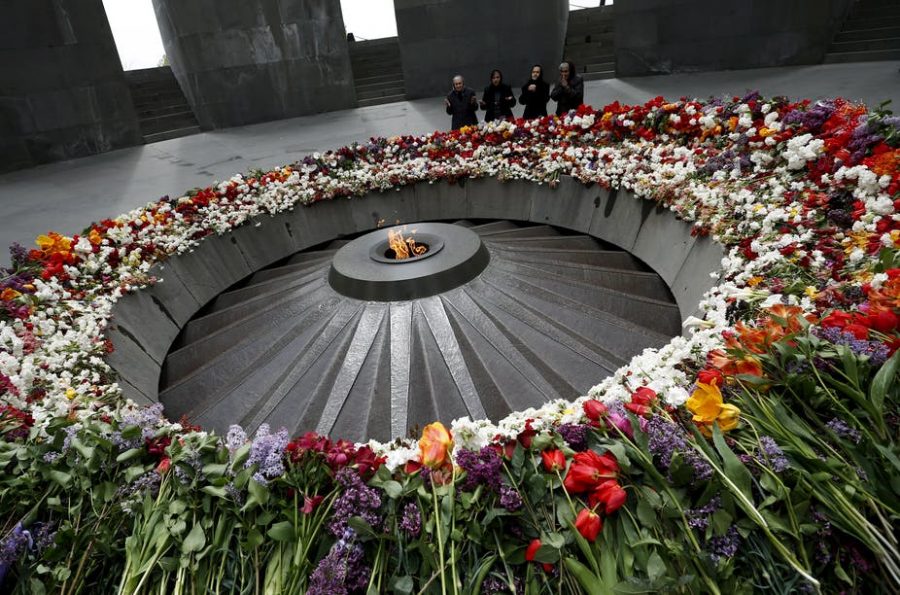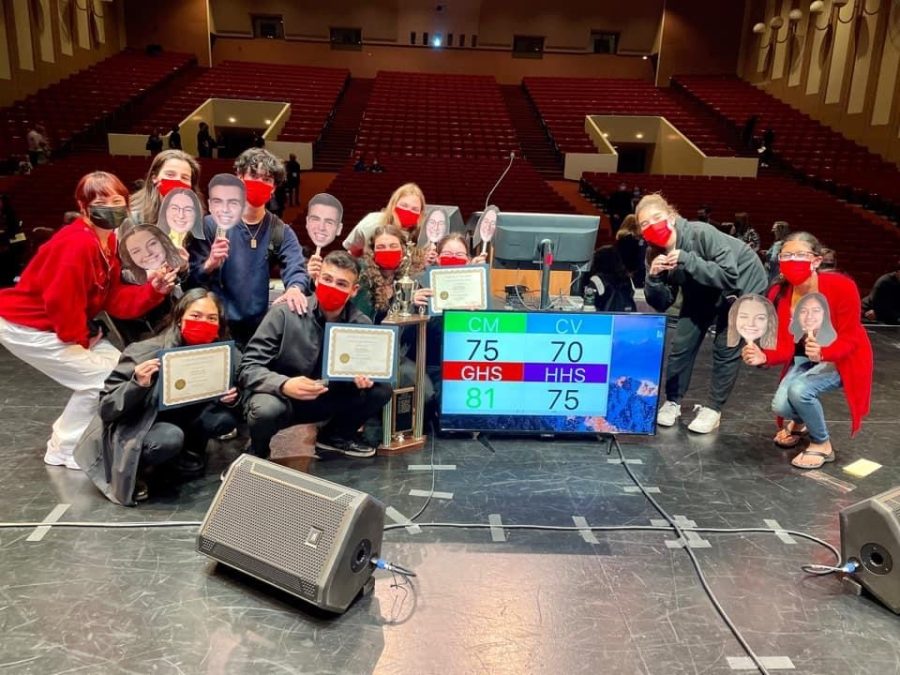It’s been 106 years since 1915.
The calendar approaches the 24th, a day for so long swept under the rug, in fear of it revealing one of the most heinous crimes in human history, a day of remembrance and mourning for the Armenian people. 1.5 million Armenians were forced out of their homes, and were robbed, raped, and massacred, all to “Turkify” the Ottoman Empire, and erase all traces of Armenian civilization in what is now eastern Turkey. The systematic extermination of Armenians in Ottoman Turkey during the early 20th century has gone unpunished for longer than a century, and its bitter aftertaste has lingered in the lives of Armenians throughout the following generations.
The Ottoman Turks did not only murder so many Armenians, sending them on death marches in the Syrian desert and burning down villages. They also sought to erase all traces of Armenian culture and civilization. They destroyed ancient Armenian churches and other cultural relics, some as old as two millennia, and integral elements of Armenian history and culture.
The Armenian Genocide is a dark chapter in human history that often goes unread. Only 32 nations have recognized the genocide, while many countries such as Turkey, the perpetrators of this genocide, actively deny it. Regardless, the Armenian people, in a great display of determination, persist in teaching the world about their tragedy, not only to achieve one day the justice their slaughtered ancestors have been denied, but also to warn the rest of humanity. Learning about these dark, unpleasant chapters is imperative to preventing history from repeating itself.
This is why we must not allow these crimes and unpleasant truths about history to go unnoticed. We owe it to these victims to continue telling their story, fighting for justice, and preventing what happened to them, from happening to others. It was the same indifference the Armenians were shown that also allowed for the genocide of the Jews, Tutsi, Cambodians, and even the Uyghur Muslims and Christian minorities in China now. The list goes on. Genocide is not only a racial issue, but it is a human race issue.
For the Armenians, their survival and endurance is a triumph over their oppressor. Despite all odds, they managed to preserve and pass down an ancient culture. They continue to fight for justice and reparations, and teach the world of their tragedy with the hope that the rest of the world can learn from it, and do better.












